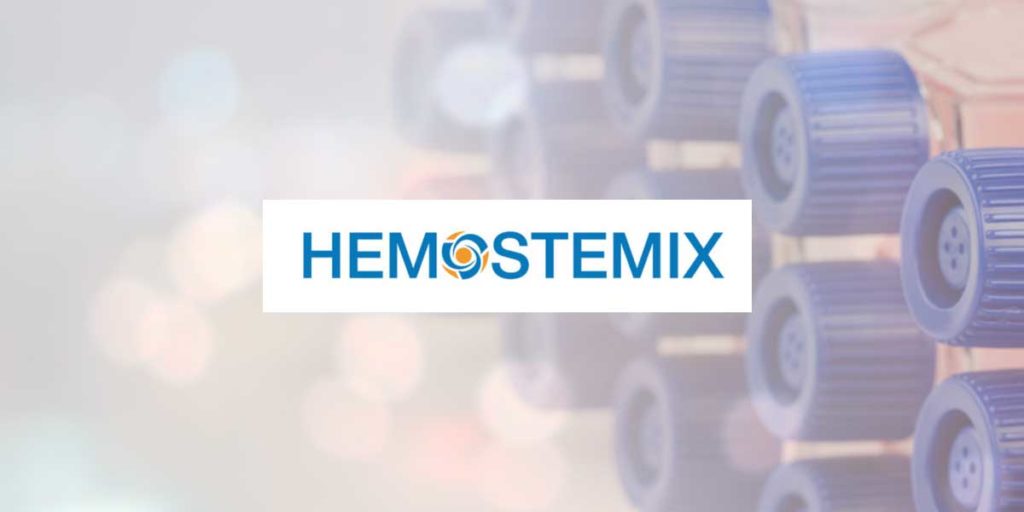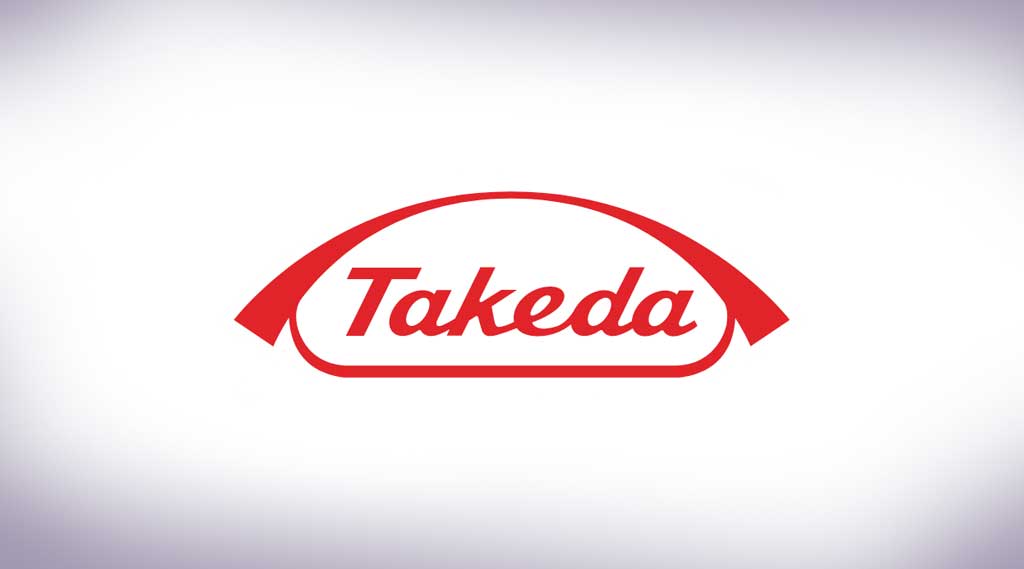FDA Press Release: June 04, 2019 – U.S. District Judge Ursula Ungaro of the Southern District of Florida granted the government’s motion for summary judgment against US Stem Cell Clinic LLC, of Weston, Florida, and US Stem Cell Inc., of Sunrise, Florida, and their Chief Scientific Officer Kristin Comella, Ph.D. The court held that the defendants in that case adulterated and misbranded a stem cell drug product made from a patient’s adipose tissue.
“Cell-based regenerative medicine holds significant medical opportunity, but those in this field who do not operate in compliance with the law can potentially cause serious harm to patients,” said Acting FDA Commissioner Ned Sharpless, M.D. “We support sound, scientific research and regulation of cell-based regenerative medicine. The FDA has advanced a comprehensive policy framework to promote the development and approval of regenerative medicine products. But at the same time, the FDA will continue to take action—such as issuing warning letters or initiating court cases—against clinics that abuse the trust of patients and endanger their health with inadequate manufacturing conditions or by manufacturing and promoting products in ways that make them drugs under the law, but which have not been proven to be safe or effective for any use. It is our responsibility to promote and protect public health, and we take this responsibility seriously.”
The U.S. Department of Justice, on FDA’s behalf, initiated this action against US Stem Cell Clinic LLC and US Stem Cell Inc., and Comella in May 2018, seeking a permanent injunction to stop the defendants’ illegal behavior after several attempts to provide the clinic and the individual defendants the opportunity to work with the agency to come into compliance with FDA regulations and protect patients from harm.
“In the case against US Stem Cell Clinic, the clinic and its leadership have put patients at serious risk through their disregard of the law and prior FDA warnings. This decision today is a victory for the FDA’s work to stop these bad actors and to protect patients,” said Peter Marks, M.D., Ph.D., director of the FDA’s Center for Biologics Evaluation and Research. “We are committed to continuing to pursue actions against those who put patients in harm’s way by marketing unapproved stem cell products that skirt FDA’s regulations and federal law.”
The FDA initially raised concerns about US Stem Cell in a warning letter issued in 2017 for marketing stem cell products without FDA approval and for significant deviations from current good manufacturing practice requirements, following an FDA inspection of the facility that found that the company was administering its product intravenously or via other methods of administration to treat a variety of serious diseases or conditions, including Parkinson’s disease, amyotrophic lateral sclerosis (ALS), chronic obstructive pulmonary disease (COPD), heart disease and pulmonary fibrosis. The FDA has not approved any biological products manufactured by US Stem Cell Clinic for any use. The clinic was also cited for its failure to establish and follow appropriate written procedures designed to prevent microbiological contamination of products purporting to be sterile, which puts patients at risk for infections. Following these steps, a U.S. court previously entered a consent decree of permanent injunction agreed to by the FDA and defendant Theodore Gradel, a former manager of US Stem Cell LLC that requires Mr. Gradel to notify the FDA if he intends to re-enter the biologics industry and to comply with any corrective actions ordered by the FDA.
In a separate action, the FDA is also seeking a permanent injunction to stop California Stem Cell Treatment Center Inc., with locations in Rancho Mirage and Beverly Hills, California; Cell Surgical Network Corporation of Rancho Mirage, California; and Elliot B. Lander, M.D. and Mark Berman, M.D., from marketing to patients cellular products without FDA approval. That litigation is ongoing. In addition, to date, the FDA has taken numerous other steps to bring clinics and other companies or individuals manufacturing stem cell products with known or potential violations into compliance by issuing warning letters, untitled letters and other letters of correspondence to firms.
This case and other actions taken recently by the FDA support the agency’s comprehensive regenerative medicine policy framework, and the FDA’s risk-based approach to enforcement of cell-based regenerative medicine products, taking into account how products are being administered as well as the diseases and conditions for which they are intended to be used. The FDA has repeatedly noted that it does not intend to exercise such enforcement discretion for those products that pose reported safety concerns or potential significant safety concerns, such as US Stem Cell Clinic’s products.
The FDA, an agency within the U.S. Department of Health and Human Services, protects the public health by assuring the safety, effectiveness, and security of human and veterinary drugs, vaccines and other biological products for human use, and medical devices. The agency also is responsible for the safety and security of our nation’s food supply, cosmetics, dietary supplements, products that give off electronic radiation, and for regulating tobacco products.



